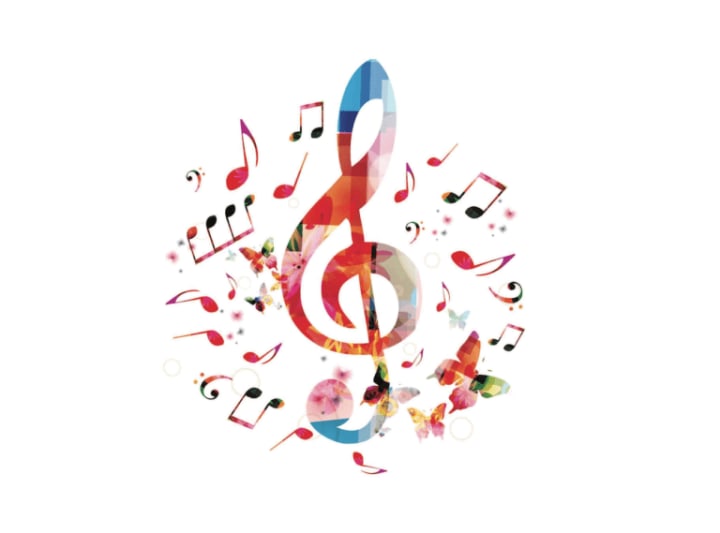
Many people turn to music as a form of emotional expression, and sad songs in particular can serve as a powerful outlet for our feelings of sadness and grief. But why do we find comfort in listening to music that makes us feel worse? The psychology of sad songs is a complex and fascinating topic that researchers have been studying for decades.
One theory is that listening to sad music allows us to process and understand our own emotions in a safe and controlled environment. When we listen to a sad song, we are able to fully experience and process our emotions without feeling overwhelmed or consumed by them. This process is known as "emotion regulation" and allows us to gain a deeper understanding of our own feelings, which can ultimately lead to emotional healing.
Another theory is that sad songs can evoke feelings of nostalgia and remind us of positive memories associated with past experiences. This can create a sense of comfort and belonging, even in times of sadness. In addition, research has shown that listening to sad music can also trigger the release of certain neurotransmitters, such as oxytocin, which are associated with social bonding and empathy. This could help to explain why we often turn to music as a form of comfort and connection during difficult times.
Additionally, some people find listening to sad music helpful in regulating their mood by providing a safe space to let out and process their own sadness, rather than bottling it up and feeling overwhelmed.
Another study has suggested that sad music can help to improve our overall emotional well-being by increasing feelings of self-awareness and reflection. This can lead to a greater understanding and acceptance of our own emotions, which can ultimately lead to emotional growth and healing.
However, it's worth noting that excessive listening to sad music can actually have negative effects on our mental health, and it's crucial to be aware of when listening to sad music becomes excessive and having negative consequences in our lives.
Overall, the psychology of sad songs is a complex topic that is not yet fully understood. But what is clear is that listening to sad music can be a powerful tool for emotional expression and understanding, as well as for comfort and connection during difficult times.
It's important to find a balance and not to rely solely on sad songs to cope with difficult emotions, but to also seek professional help if needed. And if you find yourself consistently feeling worse after listening to sad music, it may be time to seek professional support to help you process your emotions and develop healthier coping strategies.

Another aspect of the psychology of sad songs is the idea of "emotional contagion." This concept refers to the idea that our emotions can be contagious, and that we can "catch" the emotions of others. When we listen to sad songs, we are exposed to the emotions of the artist and can begin to feel those emotions ourselves. This can be particularly powerful when we identify with the lyrics of the song and feel a sense of validation and understanding. This can be incredibly helpful for people who are going through difficult times, as it can help them to feel less alone and more understood.
Additionally, sad songs can serve as a form of catharsis, which is the release of pent-up emotions through art, literature, or other forms of expression. Listening to sad songs can help to release pent-up emotions, and allow us to process and understand our own feelings. Research has shown that people who have experienced trauma often find that listening to sad songs helps them to process their emotions and to cope with the aftermath of traumatic events.
It's also worth noting that the experience of listening to sad songs may vary depending on an individual's life experiences and cultural background. For instance, some cultures tend to openly express emotions, while others may find it difficult to express emotions. Therefore, the same song could have different meanings for different people and its therapeutic effects may vary depending on the individual's context.
In conclusion, the psychology of sad songs is a complex and multifaceted topic that has yet to be fully understood. However, it is clear that listening to sad songs can be a powerful tool for emotional expression, understanding, and healing. For some people, it can serve as a comforting reminder of past experiences, for others, it may provide a form of catharsis, and for others, it may simply be a form of validation and understanding. It's important to be mindful of how you're feeling and how listening to sad songs is affecting you, and if you ever feel like you're struggling or it's becoming excessive, it may be helpful to seek professional help.





Comments
There are no comments for this story
Be the first to respond and start the conversation.